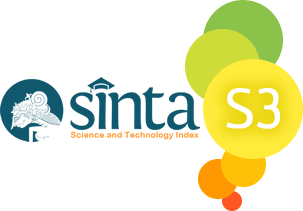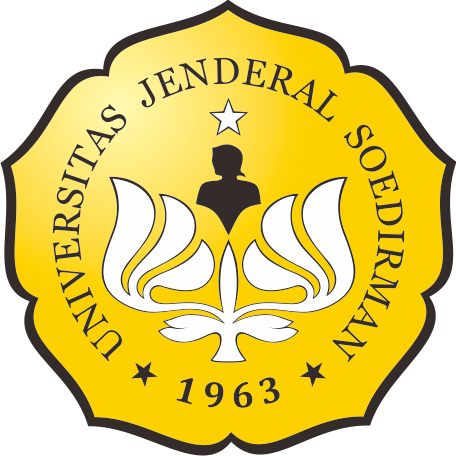- Focus and Scope
- Section Policies
- Peer Review Process
- Publication Frequency
- Open Access Policy
- Publication Ethics
Focus and Scope
Scripta Biologica publishes research papers encompasses all aspects of biology including molecular biology, cell biology, and genetics; physiology and reproduction; ecology and conservation; biodiversity, evolution, taxonomy, and biogeography.
Section Policies
Articles
Review
Peer Review Process
The review process for papers are editorial review and or peer review. Papers submitted to the Scripta Biologica are first assessed editorially, and either are rejected or accepted outright at this stage or are when necessary entered into a full peer review process. We aim to reach an editorial decision on each manuscript in a timely fashion and to do so for first submissions in all cases within three months of receipt. The typical period of time allowed for reviews for each reviewer is 2 weeks.
Publication Frequency
Scripta Biologica publishes quarterly, 4 issues in 1 volume per year, in March, June, September, and December. First published, volume 1 issue 1, in March 2014.
Open Access Policy
This journal provides immediate open access to its content on the principle that making research freely available to the public supports a greater global exchange of knowledge.
Publication Ethics
Scripta Biologica has agreed to follow the ethical standards as determined by the Committee on Publication Ethics (COPE) as well as International Committee of Medical Journal Editors (ICMJE). Author(s) must obedient and pay attention to the authorship, plagiarism, duplicate (redundant) publication, fabrication of data, manipulation of citation, as well as ethical approval and Intelectual Property Rights.
Authorship
Author is a person who participated in the research and sufficient for taking public responsibility for all portions of the content. When authorship is attributed to a group, all authors should have made substantial contributions to the following: (i) conception and design of the research, acquisition of the data, analysis and interpretation of the data; (ii) drafting of the manuscript and its revision; and (iii) final approval of the version to be submitted. Manuscript submission implies that all authors have read and approved the final version of the manuscript, and agree to the manuscript submission to this journal. All authors must be responsible for the quality, accuracy, and ethics of the research.
Plagiarism
Plagiarism is the practice of taking someone else's work or ideas and passing them off as one's own. Submitted manuscripts should be the original works of the author(s). ![]()
Editor uses Turnitin to detect plagiarism of the article submitted to Scripta Biologica with a returned percentage below 15% to indicate no plagiarism has occurred. However, if the 15% of matching text is one continuous block this could still be considered plagiarism.
Duplicate (redundant) publication
Duplicate publication is publication of a paper that overlaps substantially with one already published, without clear, visible reference to the previous publication. Manuscript submissions will be considered for publication only if they are submitted solely to this journal and do not overlap substantially with a published article. Any manuscript that has (near) similar hypothesis, sample characteristics, methodology, results, and conclusions to a published article is a duplicate article and is prohibited, even if it is published in different languages. The slicing of data from a "single research" to make some individuals manuscript whitout substantial differences should be avoided.
Fabrication of data
Fabrication, manipulation or falsification of data is an ethical violation and is prohibited.
Citations manipulation
The only relevant citations are used in the manuscripts. Irrelevant (self) citation to increase author(s)'s citation (h-index) or unnecessary citation to improve the references are not allowed.
Ethic approval
Experiments held on human and animals must obtain permission from the official agencies and does not violate the law. Human or animal related experiments should be published in "Materials and Methods", then examined and got approved by professionals from the side of moral aspect. Researches on human beings must comply with the principles of the Declaration of Helsinki and its recommendations guiding physicians in biomedical research involving human subjects. Human details may be included only if they are essential for scientific purposes and the author(s) obtain written permission from the individual, parent or guardian.
Intellectual Property Right
Author(s) must obedient to the law and/or ethics in treating the object of research and pay attention to the legality of material sources and intellectual property rights.
Conflict of interest and source of funding
Author(s) requires to acknowledge all sources of institutional, private and corporate financial support for the research within the manuscript, and notes any potential conflicts of interest.










